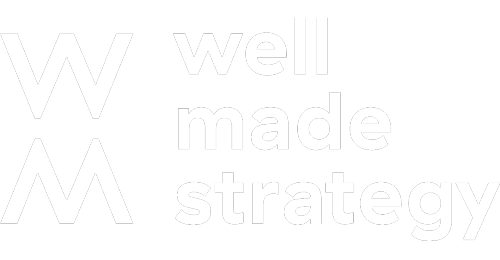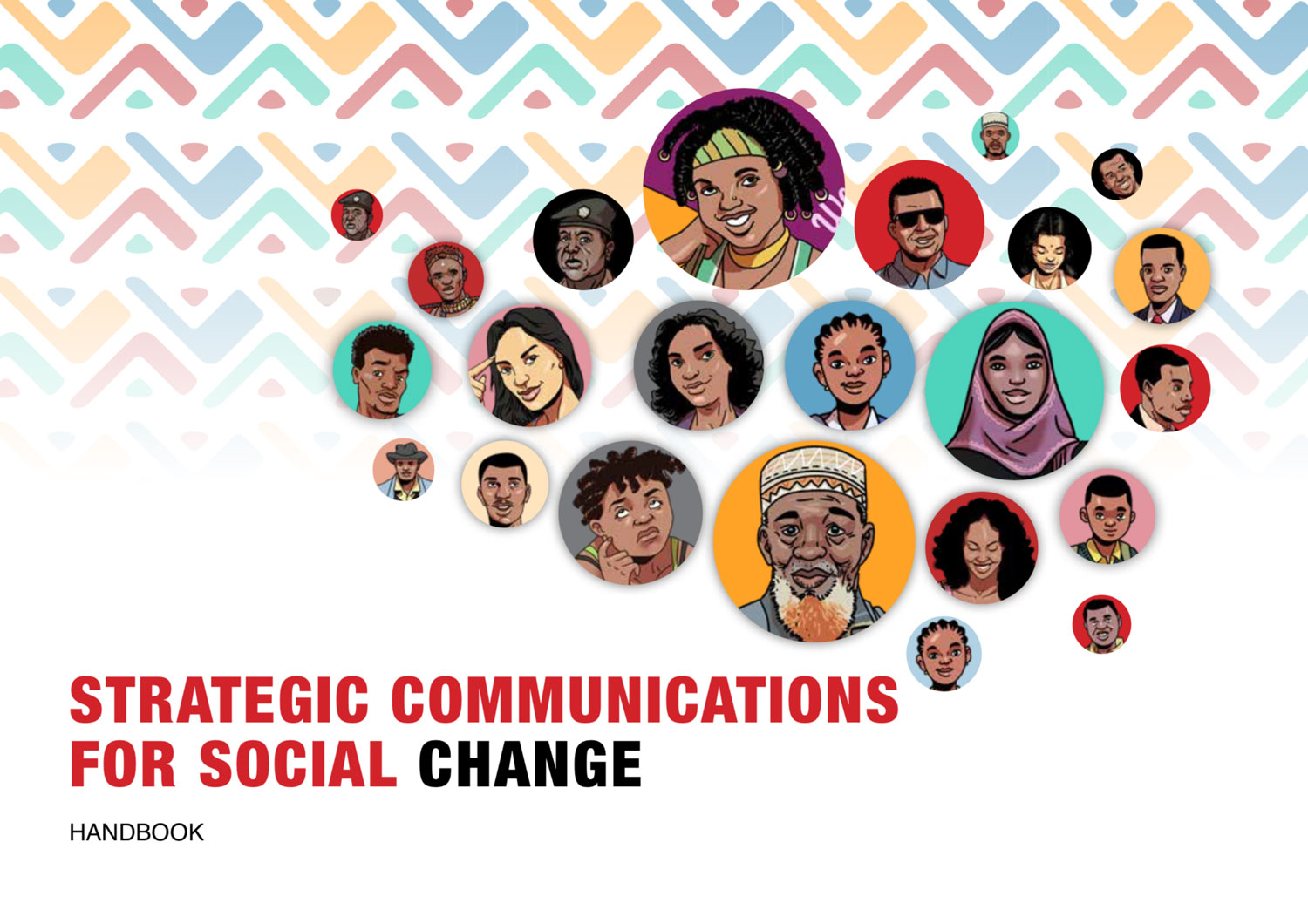History will remember this as the week that Mugabe finally fell. But history will almost certainly forget the bit-part role I played in his downfall.
Earlier this year, I started working with over a dozen civil society organisations in Zimbabwe. My mission was to help them to make their voter registration campaign more effective. Ahead of the elections in the middle of 2018, the entire country was to be subject to a completely new registration of voters: starting from scratch and – for the first time – using biometric voter registration. It was a chance to clear up the old voter roll – with accurate and verified information – and to boost democratic participation. But there was an understandable cynicism, grounded in economic depression and decades feeling that ‘nothing every changes’.
Civil society was focused on groups underrepresented in the previous voter registration exercise: women, young people, people with disabilities and urban voters. Our aim was to leave no one behind.
Despite having fairly average numbers of people with disabilities, Zimbabwe previously had one of the highest rates of assisted voters: voters with permission to take someone with them to help them to vote. Despite having a typically African growing young, urbanising population, these voters both registered and turned out at lower rates than older, rural voters. And across the board, women both registered and turned out at lower rates than.
We felt that the growth of digital and social media – especially widespread use of WhatsApp, bundled by the mobile operators – presented a new opportunity to engage the unengaged. But I felt strongly that the principles pioneered by Well Told Story through our Shujaaz media would be more useful than what the funder initially asked for: “can you train them in how to use WhatsApp?”.
So we discussed audience segmentation, and I helped them run focus groups and message testing to try and find an argument for why this time might be different. An argument for why it might be worth registering (and eventually voting), this time around. I showed them what was happening in Kenya, which they found fascinating. I showed them voter registration videos from the USA, which they found intriguing. But I also showed them what had happened in the UK, which they found inspirational: digital and social media was playing a role in boosting turnout of young people to historically unprecedented levels.
They made videos, commissioned GIFs and recorded songs. I taught them the principles of making digital content which can go viral and we planned how they would seed grassroots movements with shareable digital content that connected with the mindset of potential voters and spoke to their concerns.
Meanwhile, within the regime, a game of thrones was being played by rival factions. The rest, as they say is history. Yet history has not yet finished being written and Zimbabwe’s election next year may still go ahead. But with dramatically different dynamics at play. Who in Zimbabwe would not want to vote in the first post-Mugabe election? And thanks to our capacity building, a dozen civil society organisations are now in the right place at the right time to make the most of this democratic opportunity.
Richard Darlington is Head of Strategic Communications at Well Told Story and offers strategic communications advice through Well Made Strategy. Follow him on Twitter: @RDarlo




